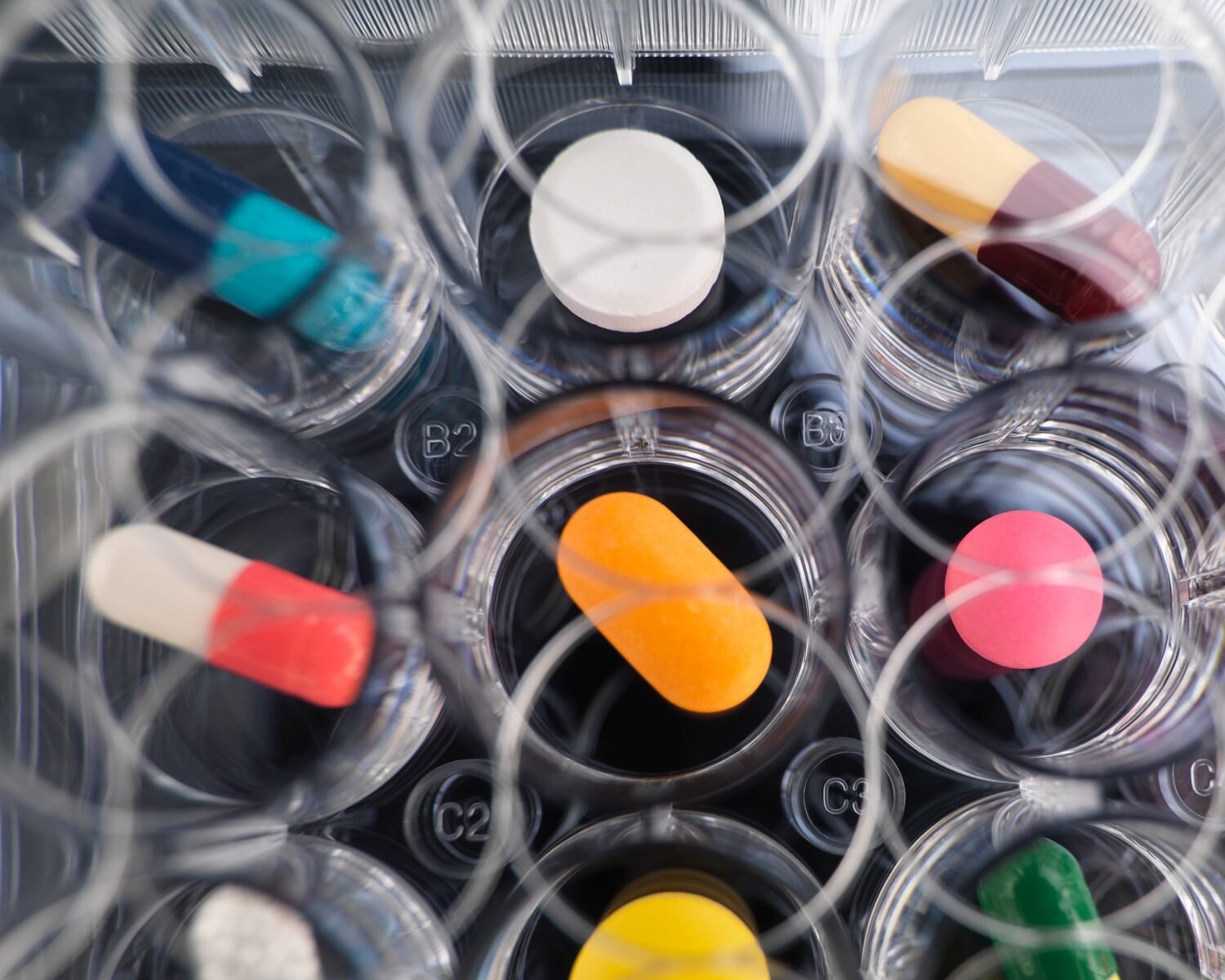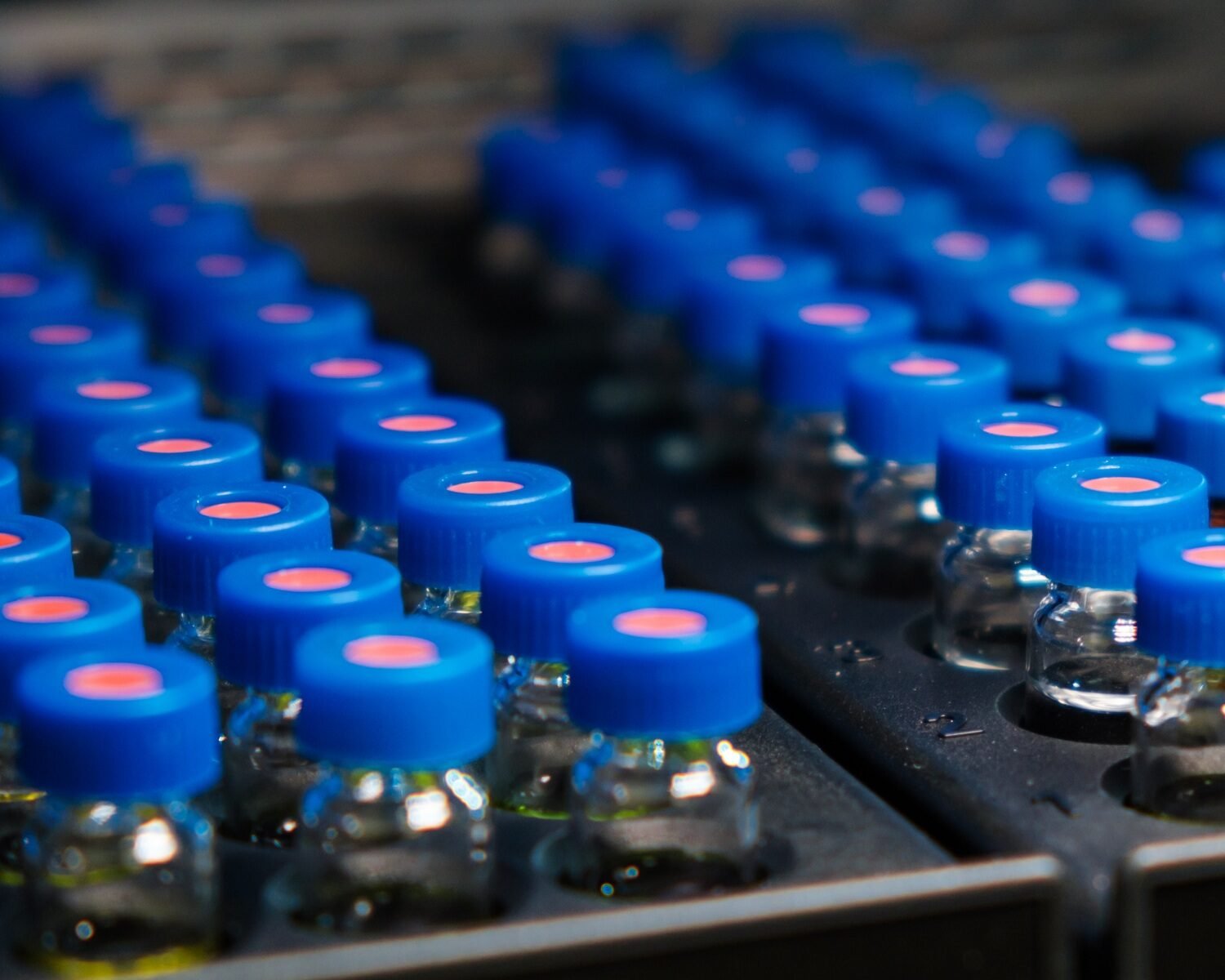
Understanding Detectors in HPLC: Which One is Right for Your Analysis?
HPLC detectors are critical for achieving precise and reliable analysis. Understanding the different types of detectors—UV-Vis, fluorescence, RID, and more—enables you to select the best option for your specific application. Regular maintenance and calibration ensure that detectors perform at their best, while advances in detection technology continue to push the boundaries of sensitivity and accuracy.
With the right detector, you can enhance the precision of your chromatography and achieve the reliable results needed for your research or quality control. The careful selection of the detector will ultimately lead to more accurate and efficient analyses, no matter the complexity of your samples.










